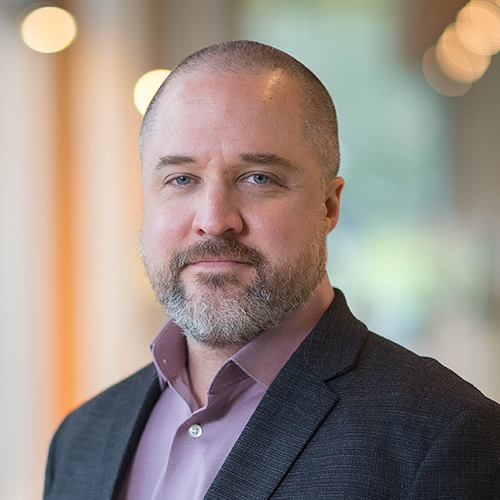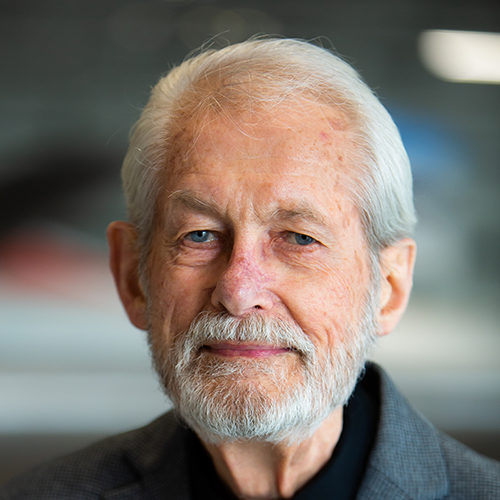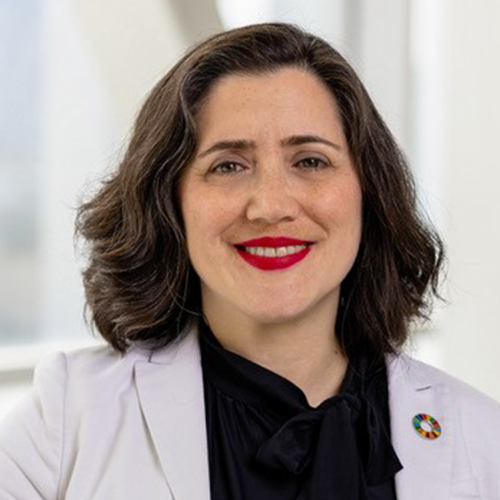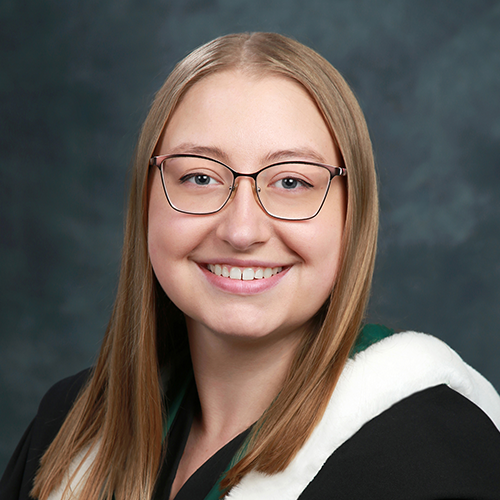Gabriel Potvin has been recipient of the annual “best teacher” award by students in University of British Columbia’s (UBC’s) Chemical and Biological Engineering department every year since he was hired in 2015.
Why is he so beloved by students? Not because he goes easy on them—his standards are actually very high—but because he challenges them while also offering virtually unlimited support.
“Very few people in one’s life actively root for your success and are genuinely willing to help you along the way. Your teachers should be among those people,” he says.
That student-centred approach is one facet of Potvin’s innovative pedagogical philosophy. He also ensures that his students have ample opportunities to develop their problem-solving, critical-thinking, and troubleshooting skills by creating real-world learning experiences that augment their technical knowledge.
For example, he redesigned the fourth-year chemical engineering lab course to employ a problem-based learning framework. Students receive an industry-relevant problem statement, rather than a traditional lab protocol, and over the course of a term they must create a project proposal and experimental design, collect data, and use their results to inform a solution and an implementation outline. This approach better prepares students to contribute to a rapidly changing industry and develops their confidence as engineers.
Potvin also believes strongly in interdisciplinary education. One of his most recent achievements is a new Humanitarian Engineering course, which he co-created and teaches with UBC’s department of political science. Engineering and political science students work together on real humanitarian aid projects in collaboration with partnering NGOs. Students challenge each other’s positions, learn to look at problems from multiple perspectives, and collaborate to design effective solutions. Those who have completed the course praise it as the best one they have ever taken.
“Creating opportunities for students to gain that interdisciplinary fluency and ability to talk to and collaborate with people outside of engineering is hugely valuable,” Potvin says.
Ultimately, Potvin says his job is to help students become both the engineers and the people they want to be. Based on ample evidence, his approach is working.






